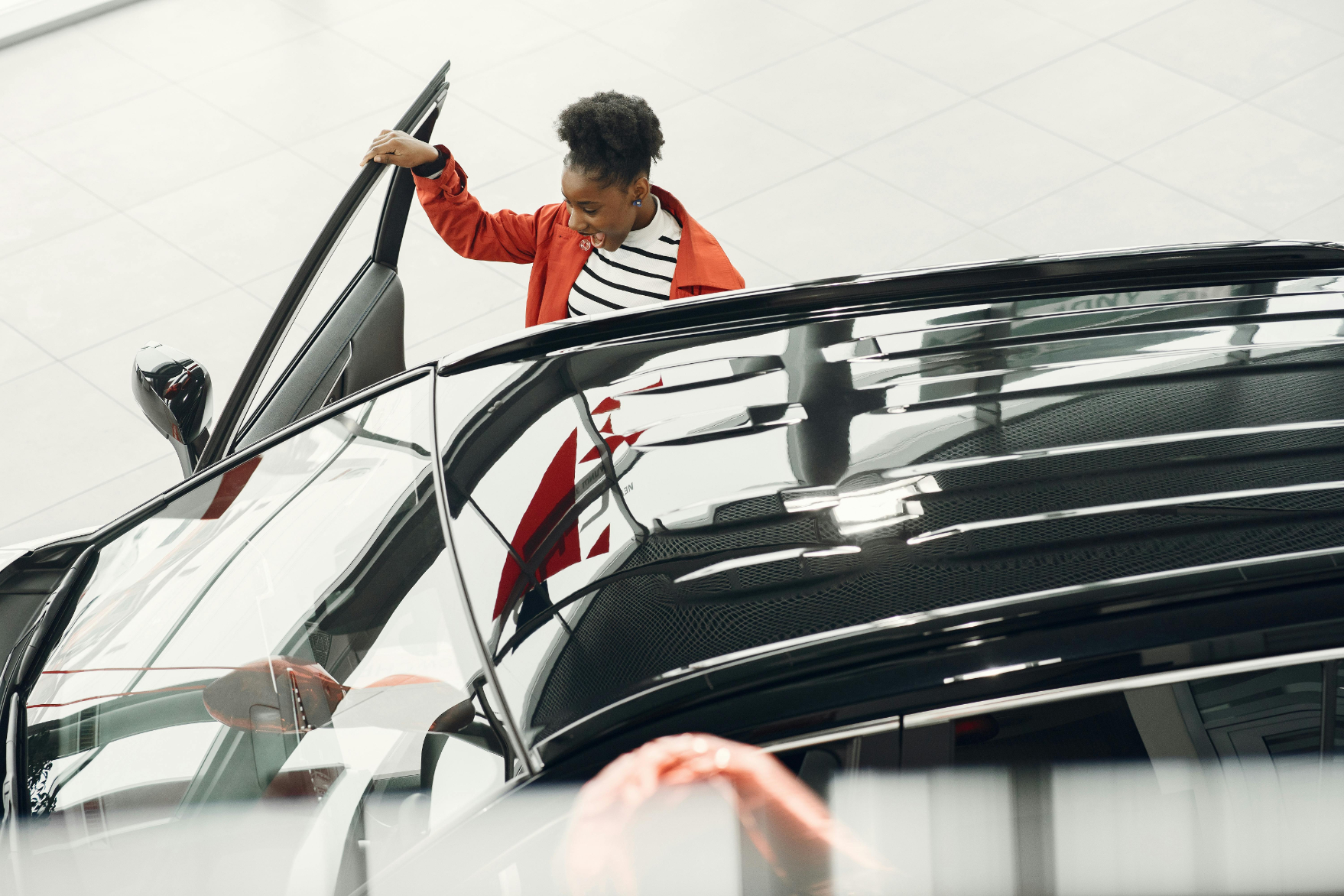Navigating change: How South African car dealers can stay competitive in 2025
Published: Friday, May 16, 2025
Longer loan terms, price sensitivity, and online competition demand a new approach to profitability.

The South African automotive retail industry is experiencing real change. Traditional dealerships have held the upper hand for decades, but now, that dominance is being challenged by new and more agile players, including digital-first platforms and alternative retail models.
At the same time, dealerships are operating in a tougher economy. Rising car ownership costs, high interest rates, and stretched consumer budgets are reshaping the buying journey. More than ever, dealers need to rethink how they engage with today’s buyers and stay relevant in a shifting landscape.
“In a shifting market shaped by affordability and digital disruption, long-term success belongs to the dealerships that can combine data-led decision making with meaningful customer engagement, smart stocking strategies, and creative but flexible financing options for car buyers,” commented George Mienie, CEO of AutoTrader.
The reality is: adapting isn’t optional anymore. To stay competitive, retailers need to move fast on digital transformation. This means going beyond the basics and investing in the tools and processes that make the path to purchase easier, faster, and more flexible. Whether it’s instant online finance pre-approvals, WhatsApp follow-ups, or syncing listings across platforms, even small digital wins can go a long way. And those who resist the shift? They risk losing out to leaner, tech-savvy competitors.
Finance trends also tell a clear story. With banks tightening their lending criteria, there is less appetite for new cars and a growing demand for used vehicle finance. AutoTrader data shows that around 60% of all financed vehicles in South Africa are now used cars. Standard Bank recently reported a 30% drop in new car finance applications in early 2025, a signal that affordability is driving behaviour1.
Buyers are under pressure. Many are turning to extended loan terms—sometimes up to 96 months—and balloon payments are becoming more common. It helps with short-term affordability, but pushes up long-term costs and increases the risk of default.
For many South Africans, used cars now seem like the more realistic choice. They offer solid value, and price trends back this up. AutoTrader research shows that used car price inflation dropped from 5.6% in 2023 to just 1.7% in 2025, even as new car prices continue to climb.
That said, dealers still need to make money. The key is finding that balance between margin and movement. One data-backed strategy that’s working? Pricing stock about 3% below the average supply price. It makes cars more attractive without hurting the bottom line, especially if you’re buying the right stock in the first place. Smart stock decisions, informed by live market data, help avoid capital being tied up in slow movers and ensure your forecourt stays relevant to demand.
Retailing vehicles today isn’t just about price points and promotions, it’s about precision,” added Mienie. “The dealers who are thriving aren’t chasing volume, but those who understand the importance of demand and act on it in real time. Stocking decisions, pricing strategy, and after-sales engagement - it has to be led by live data and an ability to adapt quickly. That’s what separates those who survive from those who scale.”
But adapting isn’t just about price. Many dealers are shifting from a volume mindset to a more strategic, insight-led approach. That includes tailored finance options, personalised service, and smart use of data to guide offerings. Understanding what your customers want and shaping your stock and sales process around that can be a significant competitive advantage.
Crucially, it’s not just about getting someone to sign on the dotted line. Long-term success increasingly depends on how a dealership supports the customer after the sale. Whether it’s a check-in call, a 30-day exchange policy, or service and maintenance options, these are the things that build trust and loyalty. In a tight market, customer retention is a key driver of profit. That means putting just as much effort into keeping a customer as you do into winning them.
There’s also a cultural shift happening. Today’s best-performing salespeople aren’t just closers—they’re advisors. They know the product, understand the finance, and build long-term relationships. Dealerships that equip their teams with the right tools and information are best positioned to win trust and repeat business.
Dealers who embed real-time customer insights into their everyday decisions—whether that’s pricing, marketing, or stock planning—will stand out. They’ll be seen as the ones who understand what buyers need and can deliver value in a way that feels personalised and relevant. Those who hold back risk falling behind.
The South African auto retail space is evolving fast. Traditional dealerships can still thrive, but only if they embrace change, use data to drive decisions, and stay in line with how people want to buy and own cars today.
Source:
